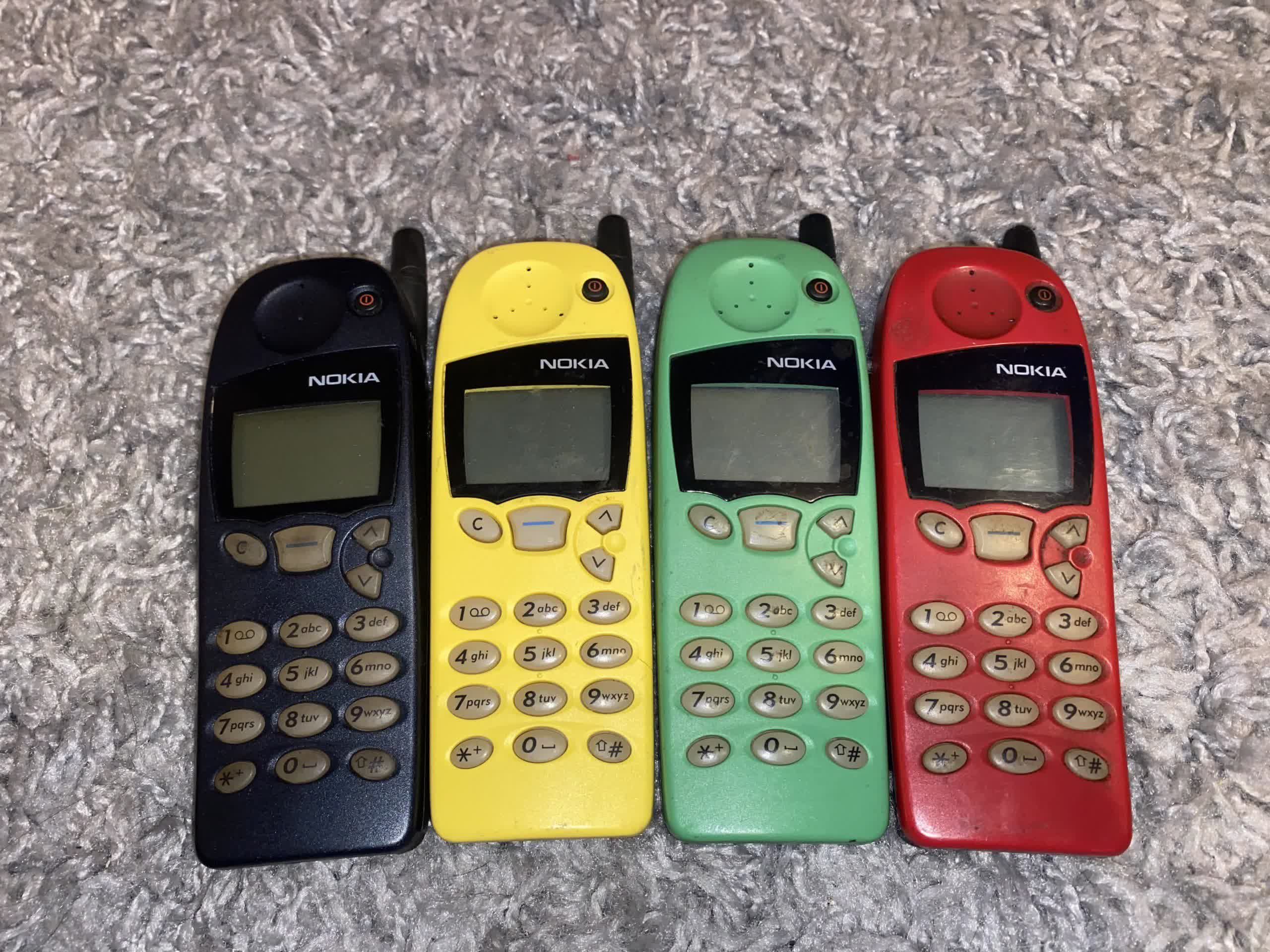What is Eton? Eton College, a boys boarding school located near Windsor just outside London, boasts an impressive list of notable alums, including Prince William, Prince Harry, Tom Hiddleston, and Eddie Redmayne. The school is also renowned for educating several future British prime ministers, such as David Cameron and Boris Johnson.
Eton College, one of the most prestigious boarding schools in the world, is set to ban smartphones for its incoming first-year students. The school, which houses and educates boys aged 13 to 18, will offer ancient Nokia phones as an alternative. This move reflects the school’s efforts to balance technological advancements with students’ education.
An Eton spokesperson told Business Insider that Eton frequently reviews its mobile phone and device policies to weigh the benefits and challenges technology brings to the educational environment. Starting in September, new “Year 9” (freshmen) students will receive “brick” phones, which allow calls and texts but have no internet functionality.
Furthermore, students can only use their phones outside school hours. They still have access to school-issued iPads during classes, but only to support their academic studies. Eton’s “age-appropriate” technology rules for upperclassmen remain unchanged.
The new smartphone policy marks a significant step beyond Eton’s previous regulations. In 2018, the school implemented a rule requiring first-year students to surrender their smartphones overnight. This latest policy completely replaces smartphones with basic Nokia phones, emphasizing a trend toward reducing internet access among young people, especially during classes.
Business Insider notes that these “dumb phones” have grown in popularity, particularly among younger generations who are part of emerging movements aimed at disconnecting from social media. This trend aligns with Eton’s new policy, reflecting a growing awareness of the potential distractions and negative impacts of constant connectivity on young people’s focus and well-being.
The school’s initiative highlights a broader conversation about the role of technology in education and the importance of maximizing benefits while mitigating drawbacks. By replacing smartphones with simpler devices and providing iPads for academic use only, the school aims to create an environment that supports learning while minimizing distractions.
Officials believe this approach is a model for other educational institutions struggling with similar issues. The decision spotlights the importance of regularly reassessing technology policies, ensuring they align with academic goals and student needs.
Image credit: Luke McKernan


